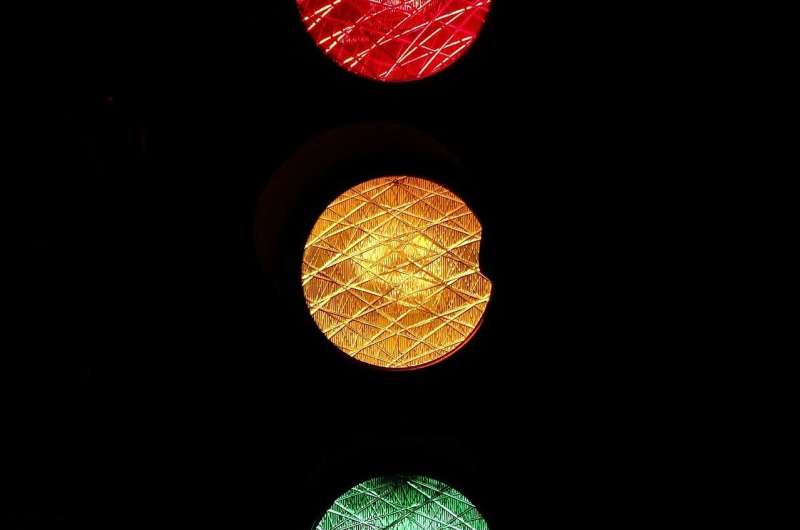
There is public support for introducing traffic-light labeling and levies for the advertising of high-carbon products and services like petrol and diesel cars, meat and air travel, new research shows.
The policy report, launched by researchers from Lancaster University, provides the first clear insight into UK public attitudes towards the regulation of advertising of goods and services with high carbon footprints.
New traffic-light labeling of advertisements was the most popular measure with the public, followed by levies on advertisements for high-carbon products, the policy report details.
"There's previously been a lack of research on people's views on the advertising of products with high environmental impacts," said Professor Rebecca Willis, one of the authors of the report. "We wanted to find out more about what people in the UK think about advertising high-carbon products and services and we discovered that there is strong support for regulating their advertising."
Researchers gauged public opinions by assembling a "Citizens' Jury" of 25 people broadly representative of the UK population in terms of factors such as gender, age, ethnicity, education, concern about climate change and political affiliation.
The jury was tasked with learning, deliberating and providing recommendations on how, if at all, advertising should change to reflect the need to address climate change and to meet the UK's legal obligation to achieve Net Zero by 2050.
The Citizens' Jury's findings were then combined with additional polling of 2,000 people.
After learning about the current system of regulating the environmental impact of advertising, all but one of the jury members wanted further measures to manage advertising of high-carbon products and services. Poll findings confirmed the view that the public broadly supports an introduction of new measures, with just 29% of people polled saying they want no changes to be made to advertising regulations.
The jury developed several proposals, with a labeling system being the most popular measure, with 20 of the 25 Citizens' Jury members supporting the proposal, as well as 69% of those polled in favor—including 44% showing strong support..
"Labeling was seen as an effective way of informing and educating the public about how to lower the climate impact of their consumption choices, while also raising public awareness and understanding of climate change," said Dr. Jacob Ainscough, Lancaster researcher and co-author of the study.
"People said they feel under-informed about the climate crisis and how they can contribute to addressing it and felt labeling could help provide information and clarity. They also saw it as a way of shaping corporate behavior, as companies would not like to have a red rating beside their products or services."
Research on prior efforts to regulate advertising, such as for tobacco, suggest comprehensive bans are the most effective for shifting consumer behavior. There has been growing interest in introducing bans for fossil fuel company advertisements and advertisements for high carbon products and services. However, participants in this research favored labeling over an outright ban on advertising high-carbon products with a focus on providing information through a labeling system.
Citation: Public support traffic-light labeling for advertising high-carbon products like petrol cars and air travel (2024, June 19) retrieved 19 June 2024 from https://techxplore.com/news/2024-06-traffic-advertising-high-carbon-products.html
This document is subject to copyright. Apart from any fair dealing for the purpose of private study or research, no part may be reproduced without the written permission. The content is provided for information purposes only.
